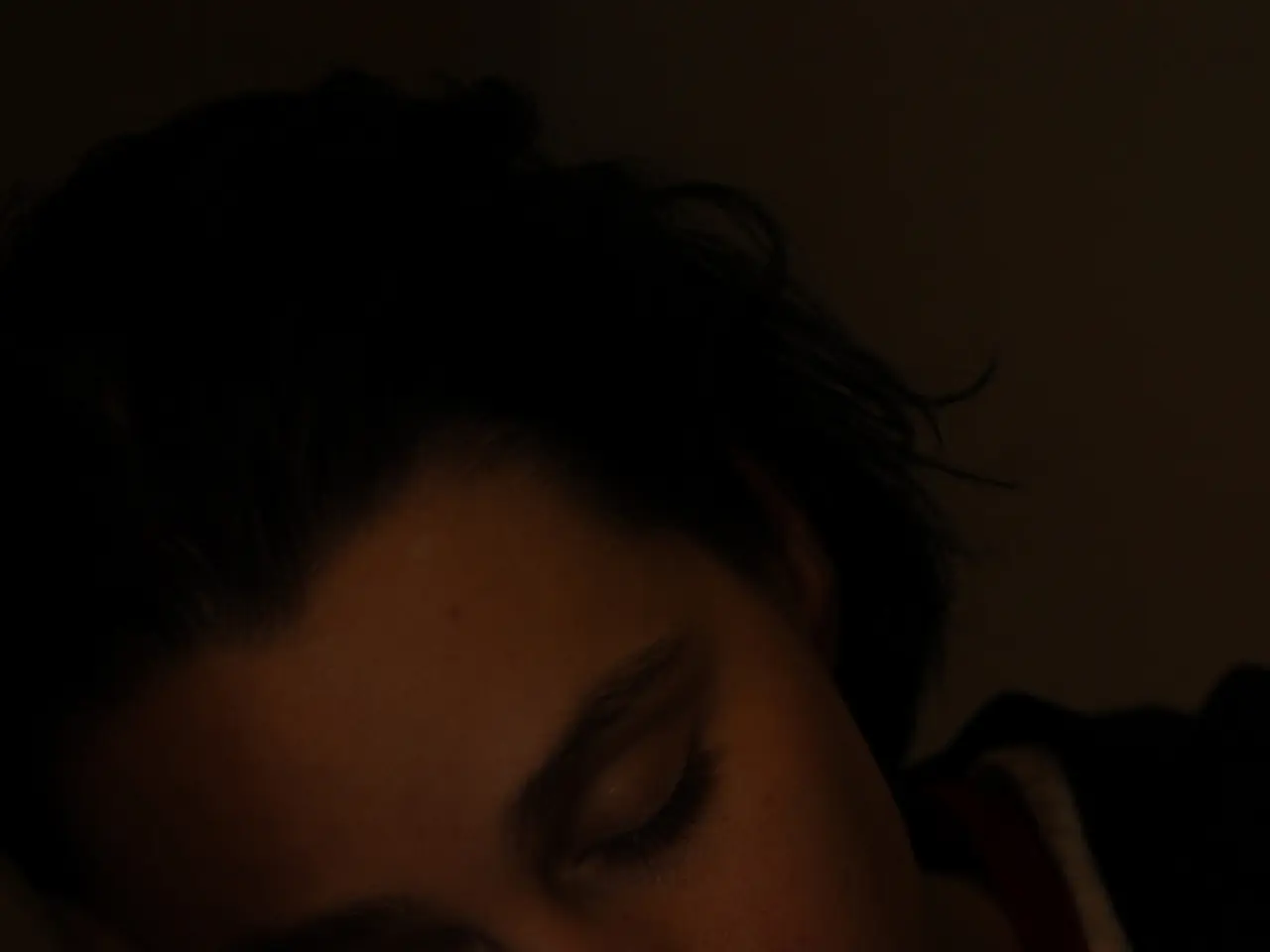Reasons for persistent fatigue after a full night's rest explained.
Feeling tired even after a full night's sleep can be frustrating, but it's not always due to insufficient sleep. A variety of factors can impact sleep quality and energy levels, leaving you feeling fatigued during the day. Here are some common reasons for persistent tiredness, despite getting the recommended seven to nine hours of sleep each night.
**Poor Sleep Quality**
Even if you're spending enough hours in bed, you might not be achieving deep, restorative sleep stages like slow-wave or REM sleep. Light, fragmented, or interrupted sleep can prevent your body and brain from fully recharging, leading to daytime tiredness.
**Breathing Problems During Sleep**
Issues such as sleep apnea can disrupt breathing and reduce oxygen intake, thus fragmenting sleep and leaving you tired despite adequate time spent sleeping.
**Lifestyle Factors**
*Lack of Regular Exercise or Excessive Exercise:* Moderate daily physical activity is beneficial, but overexertion can increase fatigue. On the other hand, a lack of regular exercise can also lead to low energy levels.
*Excessive Caffeine Intake:* Consuming too much caffeine, especially late in the day, can impair sleep quality and lead to daytime tiredness.
*Excessive Alcohol Consumption:* Alcohol, a depressant, can disrupt sleep cycles and reduce sleep quality, causing daytime tiredness.
*Unbalanced Diet:* Deficiencies in iron and B vitamins, common in an unbalanced diet, can reduce energy levels and cause fatigue.
**Underlying Medical Conditions**
Chronic fatigue can be caused by several health issues including anemia, hypothyroidism, Chronic Fatigue Syndrome (CFS), fibromyalgia, and others that drain energy regardless of sleep length.
**Post-Meal Fatigue**
Feeling tired after eating may indicate that digestion is taxing your body, or that issues with blood sugar and insulin regulation exist. Consuming large, carbohydrate-heavy or high-fat meals can cause this effect.
**Stress and Mental Health**
Chronic stress and anxiety can exhaust mental and physical energy, reducing the restorative effect of sleep. Mental health conditions like anxiety, depression, bipolar disorder, and premenstrual dysphoric disorder can also cause daytime fatigue.
**How to Address This**
*Assess and improve sleep quality:* Create a dark, quiet, and cool sleeping environment and minimise disruptions.
*Monitor caffeine and alcohol intake, especially timing:* Limit caffeine consumption, especially in the afternoon and evening, and avoid alcohol within four hours of sleep.
*Maintain moderate daily exercise:* Regular physical activity during the day can improve sleep quality, but excessive exercise close to bedtime may stimulate the body and make it harder to fall asleep.
*Evaluate diet for nutrient deficiencies:* Consult a healthcare provider if you suspect nutrient deficiencies, especially if you're experiencing ongoing fatigue.
*Consult a healthcare provider:* If fatigue persists, it's important to consult a healthcare provider to screen for sleep disorders and underlying health conditions.
In summary, feeling tired despite enough sleep often reflects poor sleep quality, lifestyle factors, or underlying health issues rather than sleep duration alone. Improving sleep quality, maintaining a balanced diet, and managing stress levels can help combat daytime fatigue. If persistent tiredness continues, it's essential to consult a healthcare provider.
- Achieving deep, restorative sleep stages like slow-wave or REM sleep is essential, as light, fragmented, or interrupted sleep can prevent the body and brain from fully recharging, leading to daytime tiredness.
- Excessive caffeine intake, especially late in the day, can impair sleep quality and lead to daytime tiredness, while lack of regular exercise and an unbalanced diet can also result in low energy levels.
- Stress and mental health conditions like anxiety, depression, and premenstrual dysphoric disorder can exhaust mental and physical energy, reducing the restorative effect of sleep and causing daytime fatigue.
- If fatigue persists, it's essential to consult a healthcare provider to screen for sleep disorders, underlying health conditions, or nutrient deficiencies that may be contributing to persistent tiredness.




